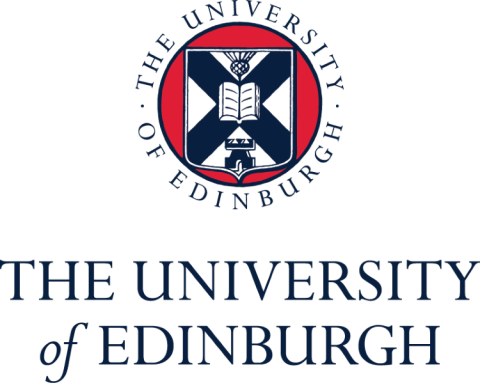
Using coaching circles to beat isolation and spur reflexive work
Glen Cousquer explains how coaching circles run by students with their peers can help beat feelings of isolation and guide students to overcome personal or course-related challenges
Key Details
This video will cover:
00:42 An introduction to the concept of coaching circles
01:51 How coaching circles operate
03:38 Student outcomes and feedback on the coaching circles
Transcript
Good morning, my name is Dr Glen Cousquer and I’m lecturer and programme coordinator in the MScs in one health and conservation medicine at the University of Edinburgh. Both of these programmes of study are intermittent online programmes, and the final year of the three years of study involves a dissertation.
And during this time, many of our students have historically reported a sense of isolation, of a sense that they are they are working very much on their own and lose touch with the students that have previously accompanied them on the programme, and indeed with other forms of support.
So, what I wanted to share with you this morning is the concept of coaching circles, which I’ve developed as part of the reflexive work that we do throughout the course, but that we develop further as a means of supporting students during their dissertation year.
So, I want to say firstly a little bit about the history of coaching circles: where this idea actually comes from, how they are implemented in an online environment, and what sort of benefits we are seeing with our students.
So the coaching circle approach comes very much from the work of Otto Scharmer and the Presencing Institute and is very much predicated on awareness-based action research approaches, which seek to develop awareness of the self, awareness of the other and awareness of the wider world, and to leverage this in becoming more reflexive about who we are and what our work actually is. So, they are core to the reflexive work that we actually do with our students.
In terms of how coaching circles operate, they involve four or five individuals coming together to support one individual, who is the case giver, who will be the “coachee”. So the others take the role of coaches and they provide a holding space, a space in which deep listening is provided, in which judgment is suspended, and in which the coachee can actually explore a challenge that they are, that is current for them, that they are currently working through.
And this kind of challenge could be an area of uncertainty that they are working on within their dissertation program, but equally it could be one of those liminal spaces, one of those thresholds about what lies beyond the program of study, in terms of their career progression, their future career choices.
There is a framework provided for the actual coaching session which you can read more about in the supporting resources and this is followed during that 90-minute presentation. And the coaches work not to provide answers but very much to help deepen our awareness of what this challenge is that is currently being worked through and so it’s a much slower, much more attentive space.
And what we are finding is that our students really appreciate the energy that becomes available in these spaces and the awareness of themselves that they can develop, the awareness of the challenge that they are working through that they develop and the awareness actually of the reflexive skills that they can take with them and apply in other situations.
So these deep listening skills are higher-level attributes that we are very keen to promote as professional attributes for our students.
So in coming together through whatever technology is appropriate, and I’m not prescriptive about this, you know, we use our own in-house Collaborate program for this primarily, but you know it’s suitable to use with Zoom or other technologies. These platforms would be used by the students and they would agree a time to come together, they would provide a one and a half to two-hour slot and would be meeting every two to four weeks depending on availabilities and commitments.
And in that time, they would make themselves available for the person who’s volunteering to actually present a case and often that would then rotate around. In some cases, our students have continued contributing to these coaching circles after leaving the programme, becoming alumni, and they volunteer their time back and support students from earlier years.
So there’s a range of ways of putting this together but it’s something that we feel provides a very meaningful space for these students during their end year. It’s one in which they can actually do some very, very significant work and, you know, the demand is such that we’re going to continue exploring the potential of these coaching circles through our dissertation years.
So if this is something that’s of interest to you, please do look at the further reading and explore this possibility. I would certainly recommend it. Thank you.
Glen Cousquer is lecturer and programme coordinator in the MScs in one health and conservation medicine at the University of Edinburgh.



